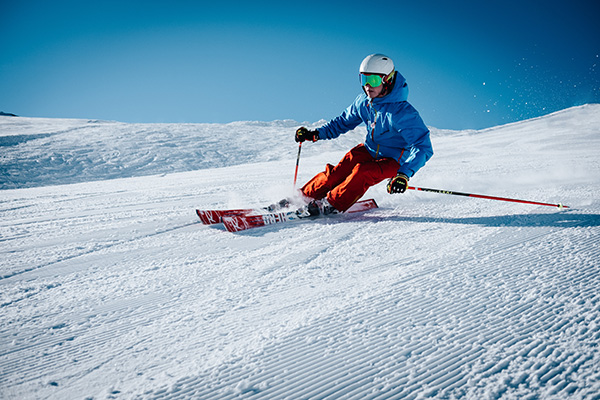50th Annual Winter Conference

The Winter Conference on the Neurobiology of Learning and Memory will be held January 8-11, 2026 as an in-person conference in Park City, UT. We look forward to seeing you again to celebrate the 50th edition of this conference and to the lively discussions that are a hallmark of this meeting.
This special anniversary meeting will include a session providing a history in review of 50 years of Neurobiology of Learning and Memory with presentations by Lynn Nadel, Jim McGaugh, Os Steward, and others. The program for this anniversary meeting will be organized by the Executive Committee members. Session proposals will be considered and can be sent to info@parkcitywinterconf.org
For registration and hotel reservations see the Registration page.
Call for Data Blitz Presentations
All conference attendees are invited to participate in the Dave Olton Data Blitz Session on Jan 8. Please send your data blitz title to the conference organizing committee (info@parkcitywinterconf.org) by the submission deadline of Dec 19, 2025. Your final slide should be sent to the session organizers by Jan 5, 2026.
Mentoring Lunches
Sign up to have lunch with a senior investigator to discuss science, career, mentoring and anything else. Open to students, fellow, and early career faculty. Signup for your session at the registration desk.
About the Conference
The Park City Winter Conference on the Neurobiology of Learning and Memory was founded in 1977 to provide researchers a forum for open, critical discussions of current theories and findings in the field of learning and memory, with approaches ranging from cellular and molecular through human behavior. A defining feature of the conference is the 50/50 rule. All too often at conferences sessions are almost entirely consumed by talks with only a few brief questions possible. Here, half of every session is dedicated to questions and discussion. This, coupled with the small format has led to the conference’s reputation of being the site where we, as a field, critically assess not only what we truly know, but what we need to do to move forward.
Code of Conduct
The Winter Conference on the Neurobiology of Learning and Memory (WCNLM) seeks to provide a respectful and inclusive environment that promotes active and engaging scientific discussions about key issues facing our field. The success of the WCNLM depends on the professional and ethical conduct of all attendees throughout all formal and informal sessions of the meeting. Thus, we are dedicated to fostering a culture that welcomes attendees of all identities and career stages. We take seriously any allegations of misconduct, sexual and gender harassment, or any other harmful behaviors inconsistent with a healthy professional and personal environment.
We encourage reporting any violations of the code of conduct to the Executive Committee. When a violation is reported, a full meeting of the Executive Committee will be convened, to determine the next steps necessary to complete an inquiry and again later to decide on a course of action based on the outcome of that inquiry, maintaining full confidentiality of all involved parties to the fullest extent possible. The Executive Committee may take any of several actions it deems appropriate in the case of credible allegations. Actions can include suspending an attendee’s ability to attend future meetings and referring the allegations to the organization or institution where the attendee is appointed for their review and assessment. All allegations will be reviewed.
